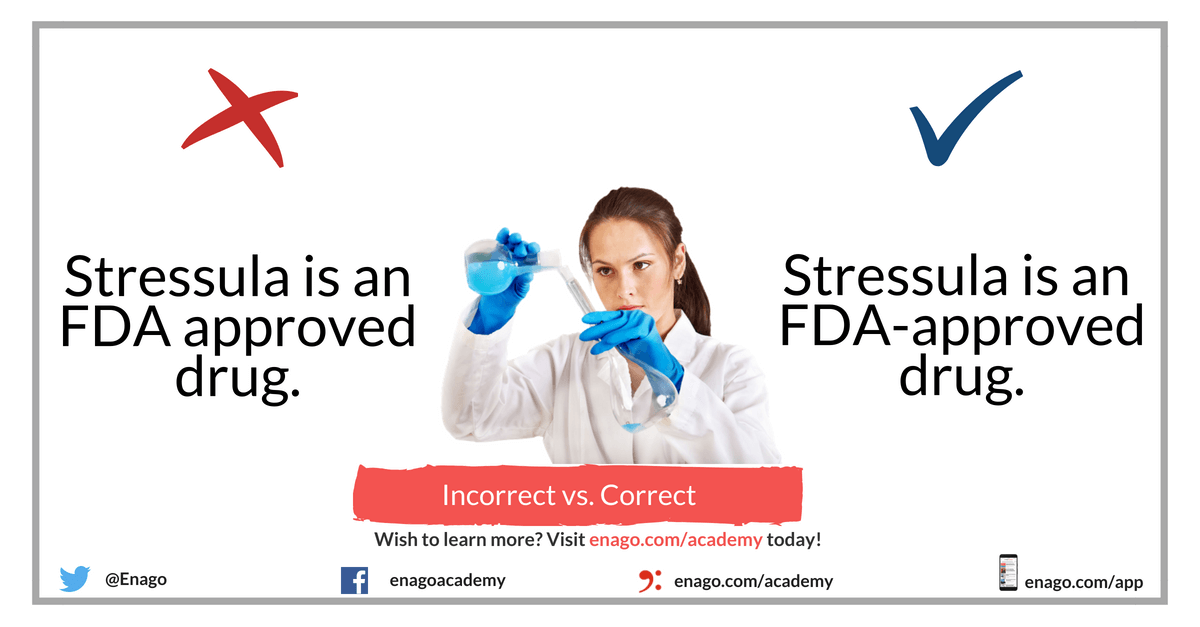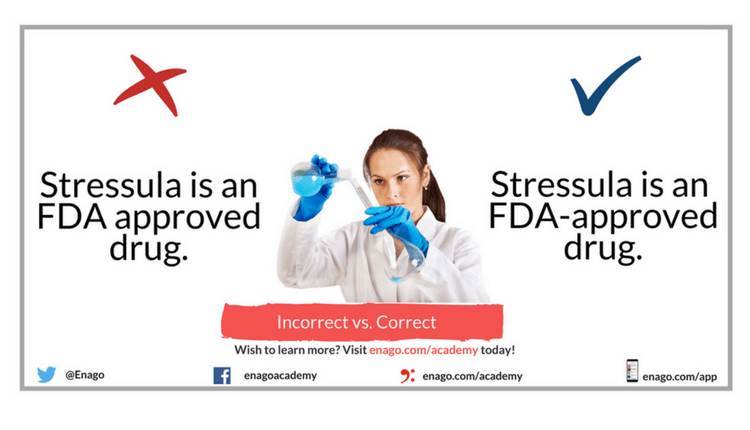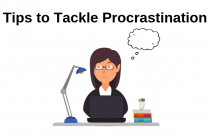Compound Adjectives and Hyphens

When two or more words are used to describe the accompanying noun, the resulting compound adjective (a combination of two or more words) often gets hyphenated. In certain instances, not using a hyphen for a compound adjective can drastically alter the perceived meaning, as evident in the following case:
“The airport authorities detained Jacob for not carrying a concealed weapons permit.”
(From the above sentence, it is not quite clear whether Jacob was detained for not carrying the permit or for not concealing it!)
“The airport authorities detained Jacob for not carrying a concealed-weapons permit.”
(Adding the hyphen brings in more clarity, because now we know that he was detained for not carrying a permit at all!)










